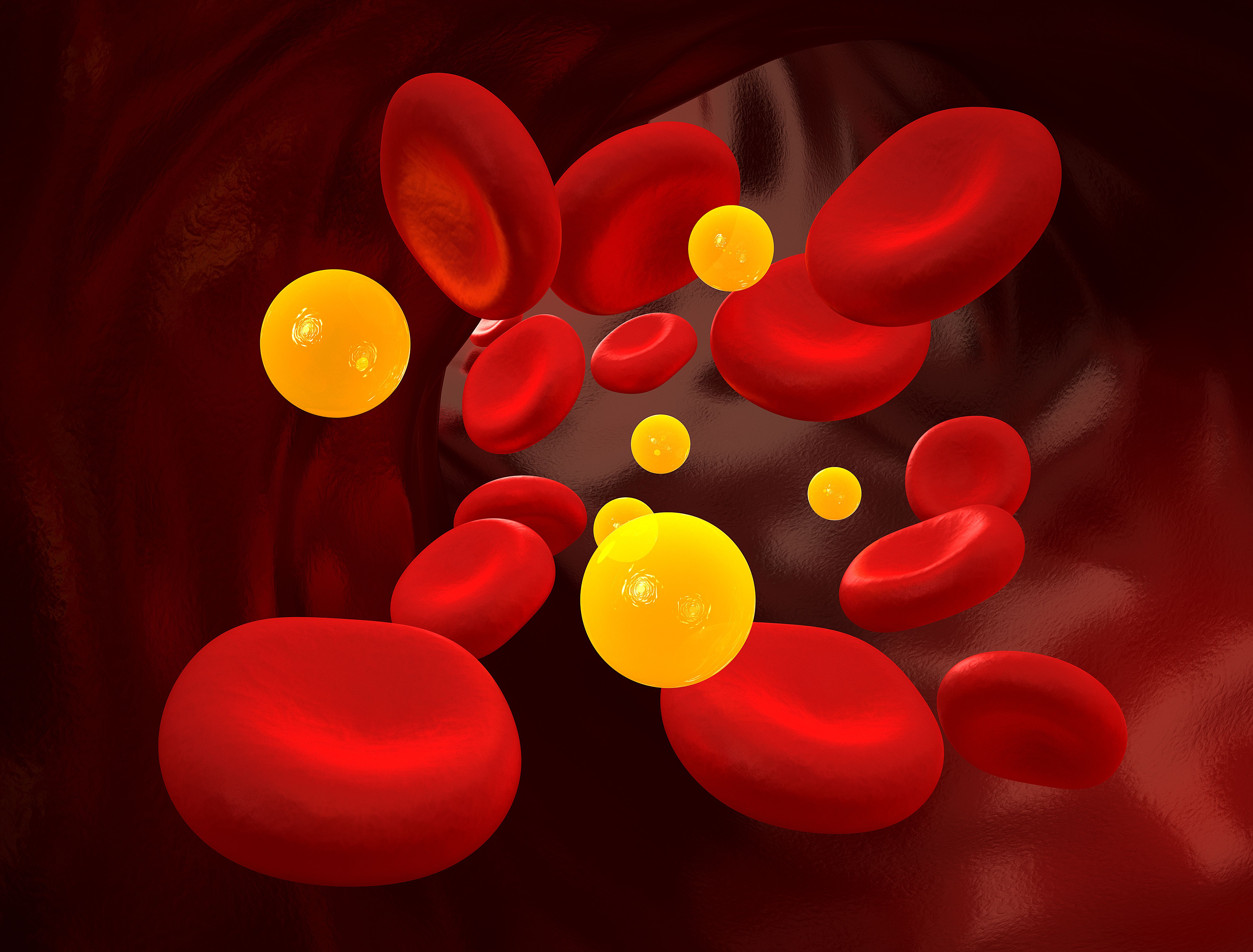Article
Full ELIPSE HoFH Results Detail Effects of Evinacumab
Author(s):
Full results of the phase 3 ELIPSE HoFH offer the greatest overview yet of the effects of evinacumab in patients with homozygous familial hypercholesterolemia.

Results of the phase 3 ELIPSE HoFH trial suggest use of intravenous evinacumab every 4 weeks could be an effective treatment for reducing low-density lipoprotein (LDL) cholesterol (LDL-C) in patients with homozygous familial hypercholesterolemia.
Published in the New England Journal of Medicine, results of the study shed further light on the 49% between-group difference seen at 24 weeks when comparing reductions in LDL-C associated with evinacumab against placebo therapy in the ELIPSE HoFH trial, which was originally presented at ACC.20.
Conducted at 30 sites across 11 countries, the double-blind, placebo-controlled, phase 3 trial examined use of the monoclonal antibody against angiopoietin-like 3 (ANGLPTL3) in a cohort of 65 patients with homozygous familial hypercholesterolemia receiving stable lipid-lowering therapy. These patients were randomized in a 2:1 ratio to receive an intravenous infusion of evinacumab at a dose of 15 mg per kilogram of body weight every 4 weeks or placebo therapy.
Of note, all patients included in the trial were 12 years of age and to have an LDL-C level of 70 mg per deciliter or more at screening. A diagnosis of homozygous familial hypercholesterolemia was based on genetic or clinical criteria—these were defined as a documented variant in two LDLRalleles or the presence of homozygous or compound heterozygous variants in apolipoprotein B or PCSK9 and an untreated total cholesterol level of more than 500 mg per deciliter, with either the presence of cutaneous or tendinous xanthomas before the age of 10 years or documentation of an untreated total cholesterol level of more than 250 mg per deciliter in both parents, respectively.
The primary outcome of the trial was percent change in calculated LDL-C level from baseline to week 24 during the double-blind treatment period. Investigators defined baseline LDL-C as last calculated LDL-C value obtained before administration of first dose of evinacumab or placebo.
Despite the receipt of maximum doses of background lipid-lowering therapy, the study cohort had a mean baseline LDL-C level of 255.1 mg per deciliter. At the end of the 24-week study period, patients in the evinacumab group experienced a 47.1% decline in LDL-C level. In comparison, patients in the placebo groups experienced a 1.9% increase in LDL-C level, which resulted in a between-group least-squares mean difference of -49.0 (95% CI, -65.0 to -33.1; P <.001) percentage points.
Additionally, investigators noted analyses revealed a between-group least-squares mean absolute difference in LDL-C level of -132.1 mg per deciliter with use of evinacumab compared with placebo therapy. Furthermore, analyses indicated LDL-C level was lower in the evinacumab group for patients with null-null variants (-43.4% vs +16.2%) and those with non-null variants (-49.1% vs -3.8%) when compared against those in the placebo group.
During the treatment period, adverse events occurred in 66% of patients in the evinacumab group and 81% of those in the placebo group. Of note, no patients discontinued either therapy due to adverse events and no deaths occurred among the study population.
In an editorial, Sander Kersten, PhD, of the Division of Human Nutrition and Health at Wageningen University, highlighted the potential of evinacumab based on results of ELIPSE HoFH, but also noted it creates questions surrounding its effects outside of this specific patient population.
“The results of this trial are great news for patients with homozygous familial hypercholesterolemia and may reduce the need for invasive treatment such as apheresis in some patients. The question then arises as to whether patients without familial hypercholesterolemia who have elevated plasma LDL cholesterol levels may benefit from such therapy,” wrote Kersten.
This study, “Evinacumab for Homozygous Familial Hypercholesterolemia,” was published in the New England Journal of Medicine





